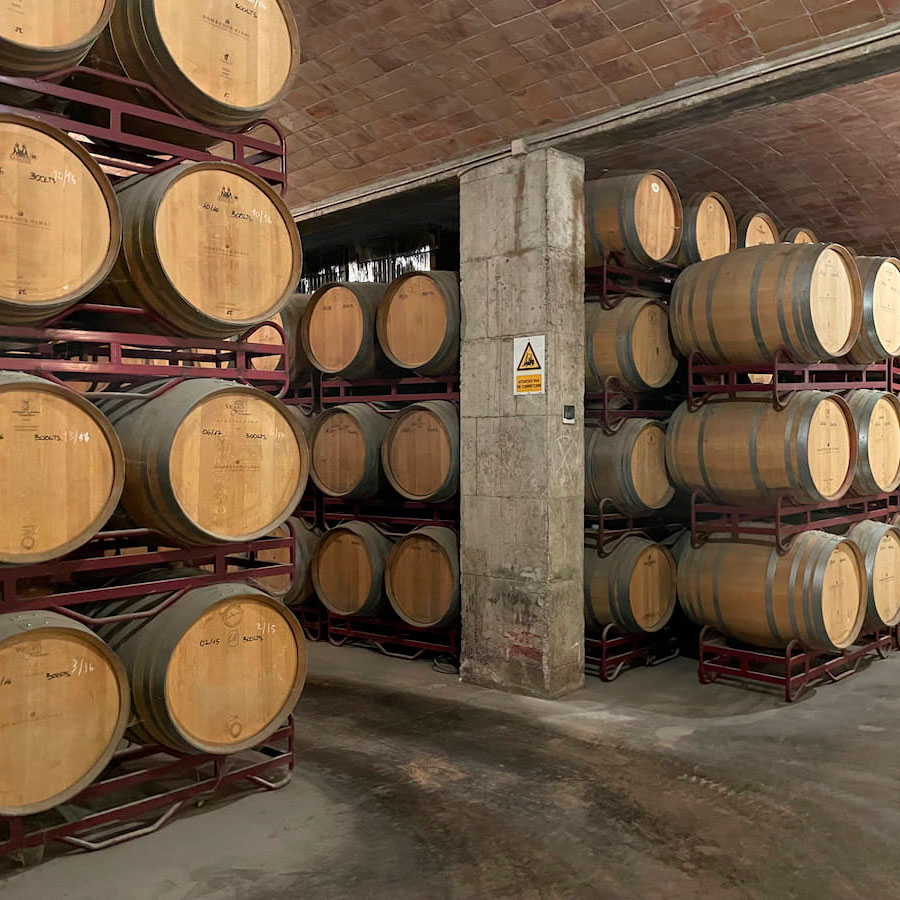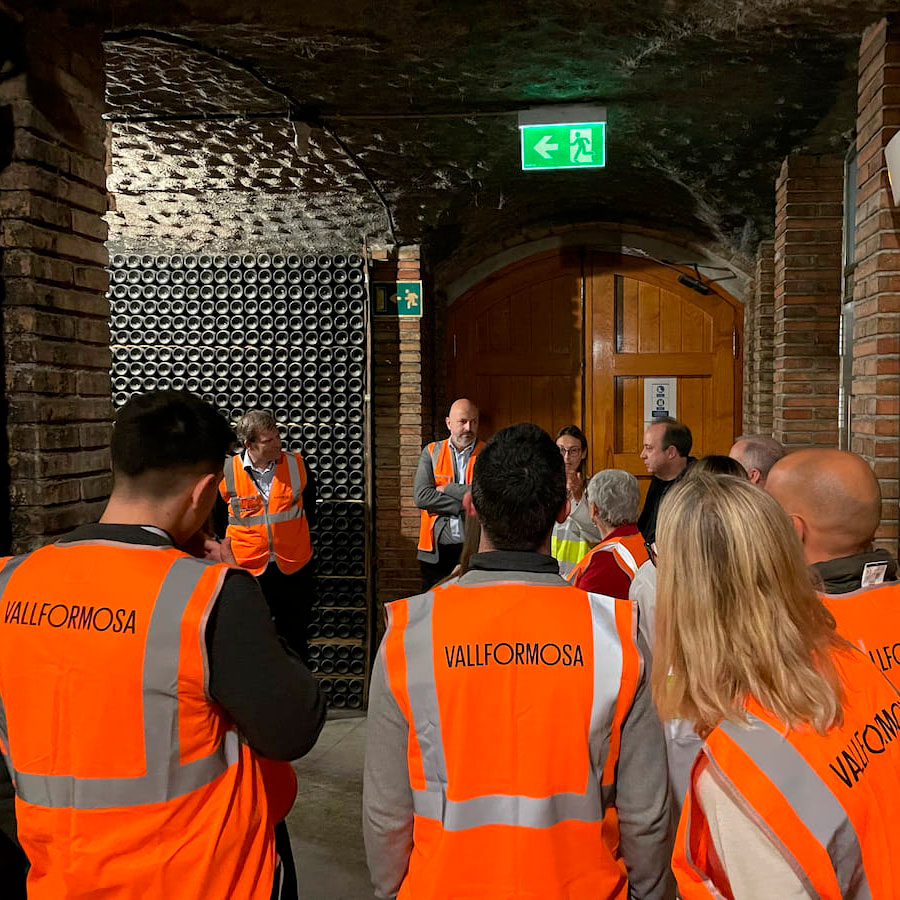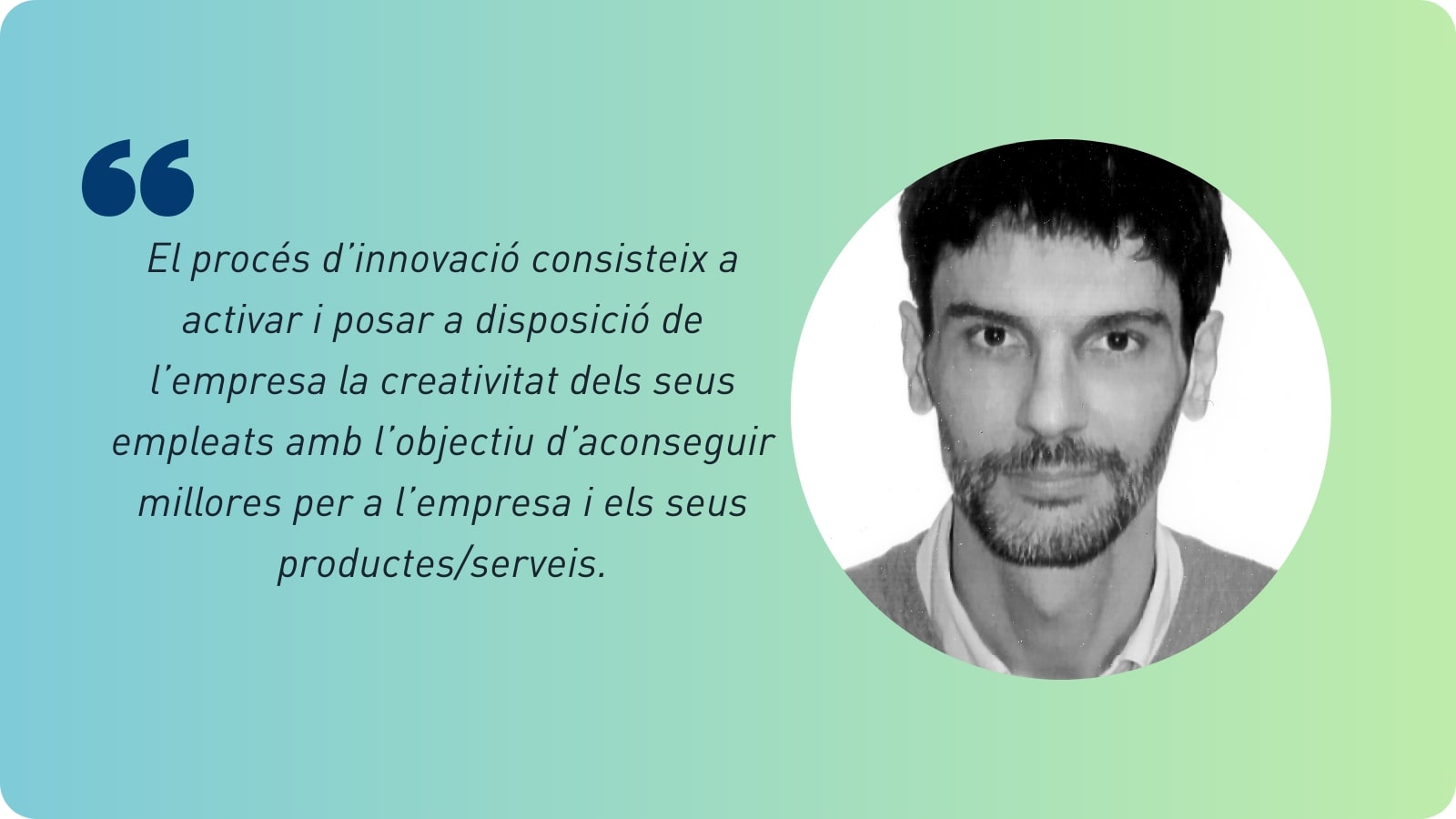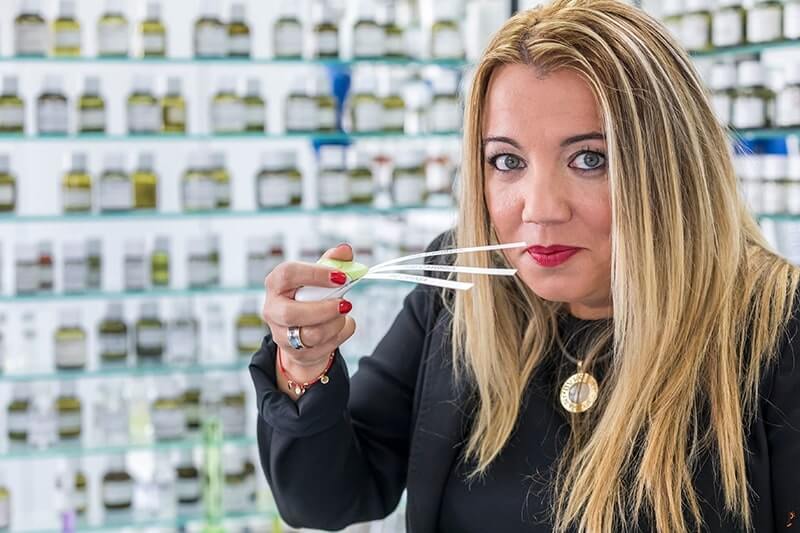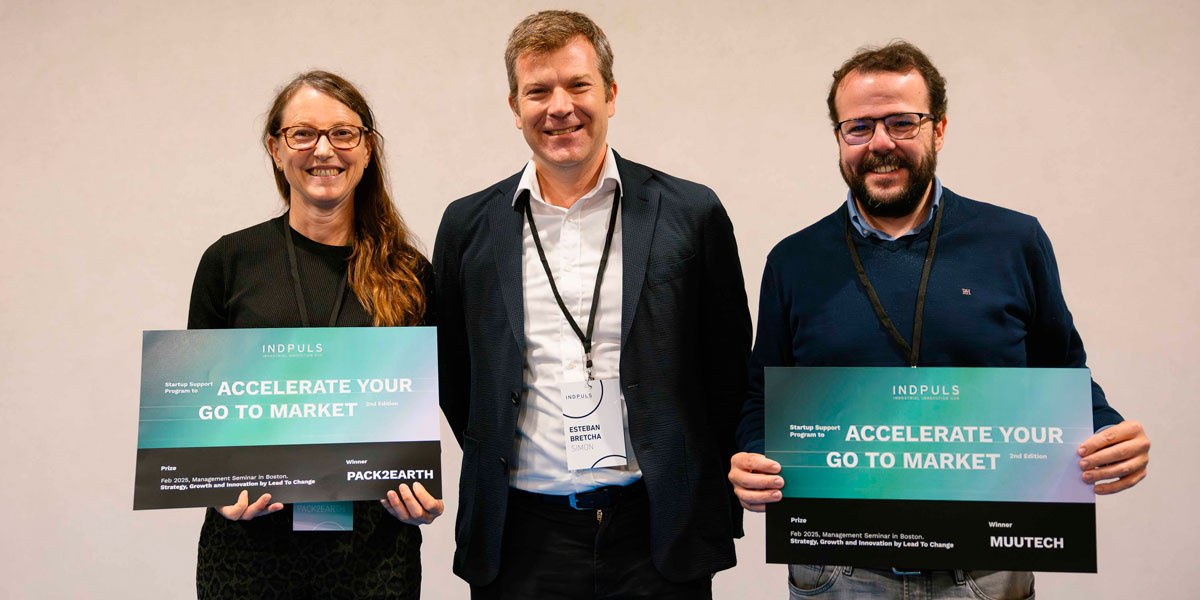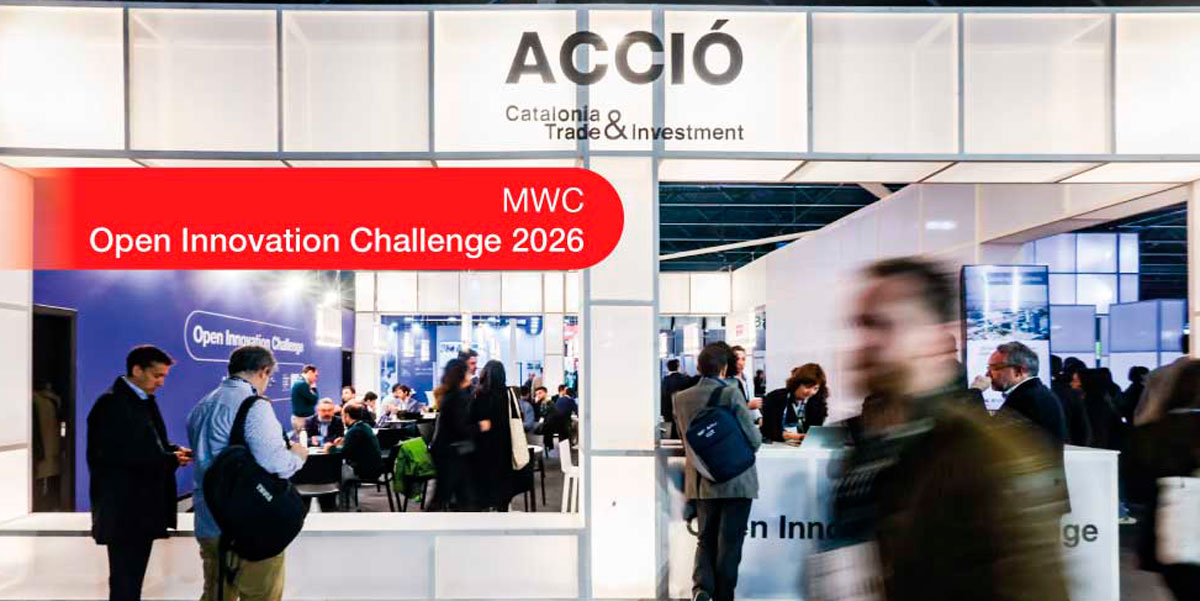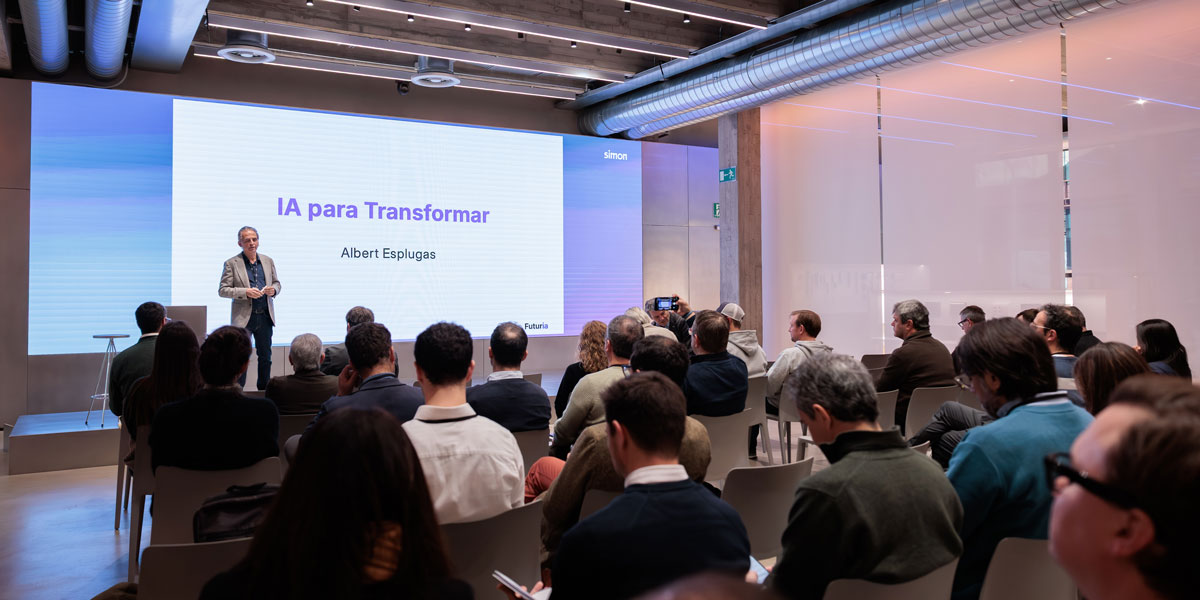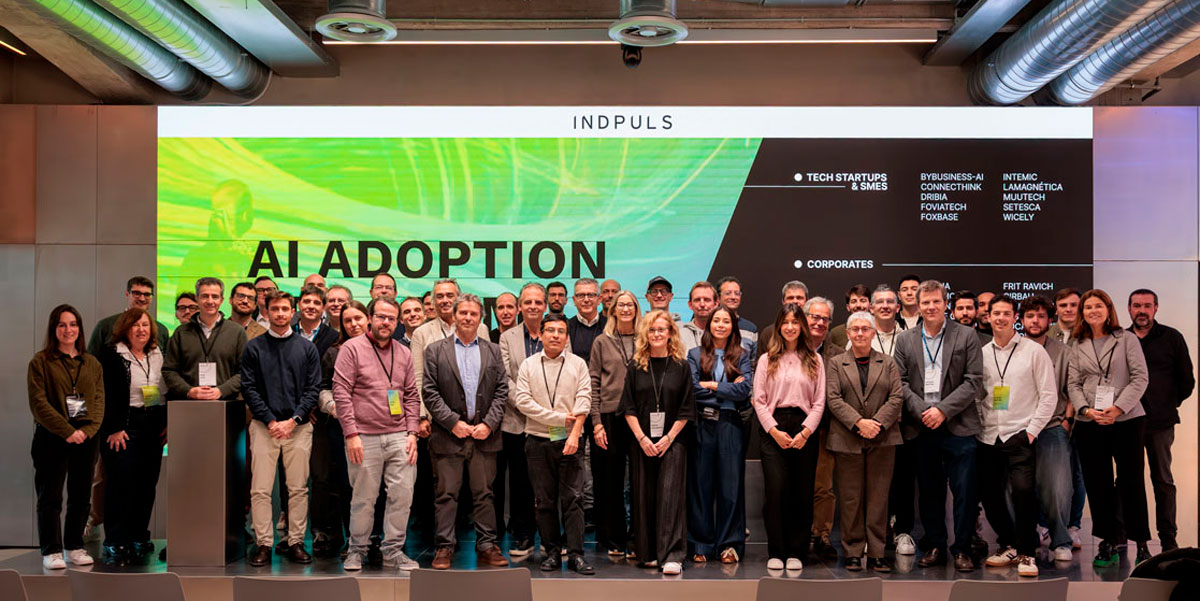Vallformosa: Innovation as a Driver of Excellence and Sustainability
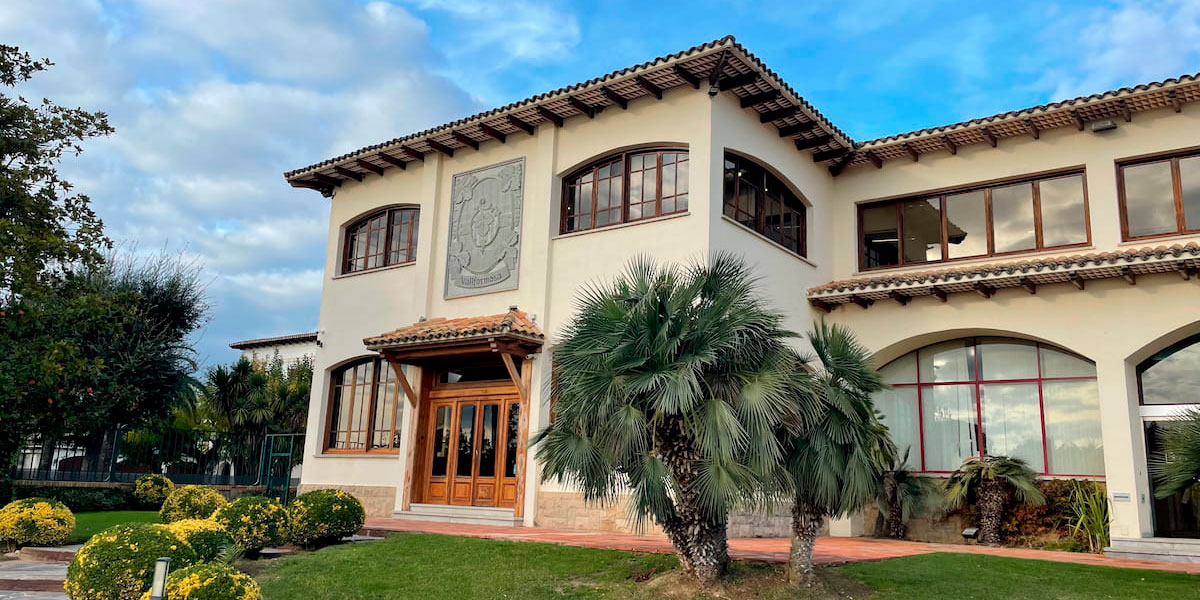
The strategy, innovation, and new challenges conference organized by INDPULS for associated companies, held at the end of November at Vallformosa’s facilities, featured an engaging presentation on innovation by Jana Vives, Director of Innovation at this historic winemaking company.
With over 150 years of experience, Vallformosa is a producer of wines and sparkling wines where tradition and modernity coexist through innovation and sustainability. As a member of INDPULS, the company places innovation at the core of its business and mission—a driving force for excellence and sustainability, a mechanism to improve processes, products, and relationships, and to connect all strategic areas of the organization.

“Innovation is much more than introducing new technologies; it is the ability to adapt to future challenges, generate value, and continuously transform,” explained Vives. “At Vallformosa, we are at a critical moment of transformation and innovation. Our dedication to excellence and sustainability are the pillars that have led us to implement a series of digital and operational strategies that not only improve the quality of our products but also position us as leaders in the wine sector.”
One of Vallformosa’s standout features is its lack of proprietary vineyards. Instead, its business model revolves around a community of vine-growing families who cultivate the vineyards year-round and supply the grapes, supported and guided by the company’s team. Vallformosa also provides technology to monitor field cultivation and ensure the best quality grapes for their wines and sparkling wines. The company’s differentiation also lies in its ability to integrate the entire winemaking process, from grape reception to bottling, which is key to guaranteeing product quality and stability.
Vallformosa is the world’s fourth-largest cava producer, with over 12 million bottles produced annually. Beyond its core business, the company operates the Vallformosa Foundation, dedicated to rethinking the regional model and generating sustainable and prosperity-focused projects for the local community. They foster alliances with institutions and companies to enhance the region socially, economically, culturally, environmentally, and in resource management.
Precision Agriculture
Among Vallformosa’s innovation projects, Jana Vives highlighted Optivinya, which uses satellite technology for precision viticulture. Aerial images allow the selection of vineyards, analysis of vine health, and management of phytosanitary treatments. Additionally, artificial intelligence calculates the number of shoots and grape clusters and detects plant diseases.
Precision agriculture is also applied to weather forecasting. Vallformosa has installed IoT sensors in various plots to monitor real-time soil humidity, temperature, and nutrient levels, as well as a weather station to anticipate climate conditions. This technology enables personalized parcel management, applying just the right amount of resources based on cultivation needs and weather patterns.
Sustainable resource management is supported by software that helps farmers optimize crop production by integrating data from various sources and providing practical visualizations. For harvest quality control, Vallformosa uses a pioneering precision viticulture tool that allows detailed monitoring and analysis of the ripening index of each parcel.
Productive Efficiency and Sustainability
In terms of operations, Jana Vives discussed the Smart & Sparkling project, which focused on reengineering a bottle labeling machine. Developed with clusters from the winemaking and packaging sectors, this project improved production efficiency and reduced incidents. At their facilities, much of the production process is automated, including bottling and labeling, optimizing production, minimizing waste, and ensuring high standards of excellence.
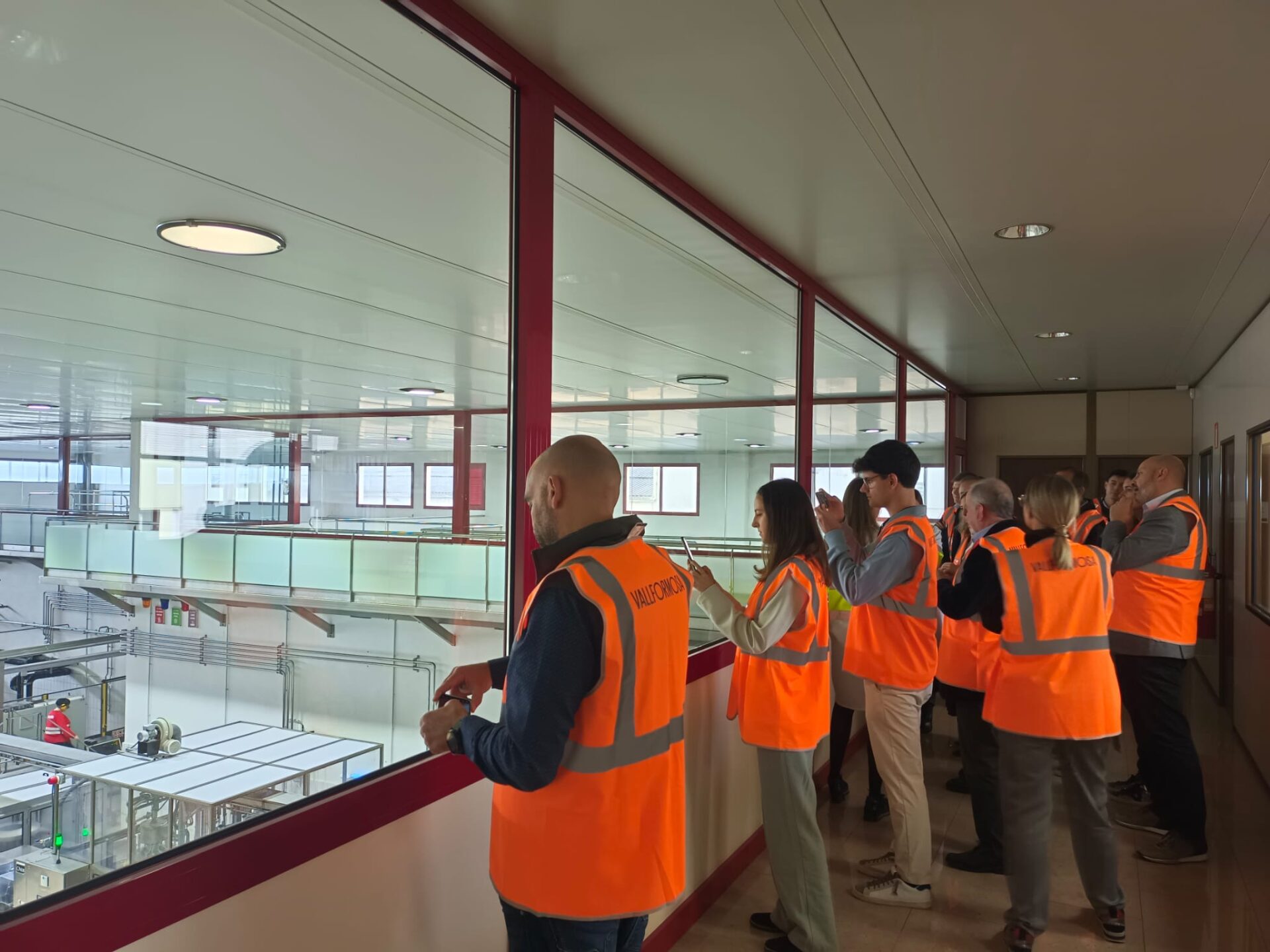
The company has also adopted the LEAN methodology for production processes. “It not only allows us to eliminate unnecessary steps in the production chain, improving efficiency and reducing costs, but it also fosters a culture of continuous improvement, encouraging employees to actively identify improvements and solutions,” Vives detailed.
Other projects focus on sustainability, as “with grapes as our primary raw material, sustainability is crucial.” In addition to organic vineyards, energy and resource efficiency is a pillar of Vallformosa’s business model. Thirty percent of the energy consumed comes from nearly a thousand installed solar panels. The company uses 40% less water than the sector average, recycles or reuses 94% of generated waste, and has reduced bottle weight to minimize its carbon footprint.
An example of sustainable packaging innovation is the Fizztirage project, which created the market’s first fully recyclable circular sealing system for sparkling wine fermentation.
This commitment to sustainability and social responsibility has earned Vallformosa B Corp certification,making it the first Spanish winery to achieve this distinction.
A Collaborative Innovation Culture
As Vives explained, Vallformosa also applies innovation in its commercial, marketing, and corporate culture strategies. For example, client prospecting is being developed with a startup that uses artificial intelligence and big data to improve segmentation and targeting of potential clients. “We’ve made this tool available to distributors,” Vives explained, “since they are the ones with direct contact with the end customer and understand them better. We then receive the data we need to adapt the product as required.”
The company is also investing in event sponsorship to reach new audiences, aiming to dispel the notion that cava is solely a special occasion drink. This aligns with changing consumption habits and channels and the technological impact on trends explored through V4F, an innovation spin-off created three years ago to explore new business opportunities and meet market demands.
“The driving force of Vallformosa is its human team—the vine growers and company employees. We have placed significant emphasis on creating a culture open to collaborative innovation, empowering people as agents of change. We implement a cross-cutting vision where everyone understands the impact any change can have and seeks solutions collectively. This cultural shift has been vital for Vallformosa,” Vives added.
During the event, participants had the opportunity to visit Vallformosa’s facilities and see firsthand how some of the innovations presented by Jana Vives have been implemented.
For more information on Vallformosa’s innovations, you can read this interview with Jana Vives.
